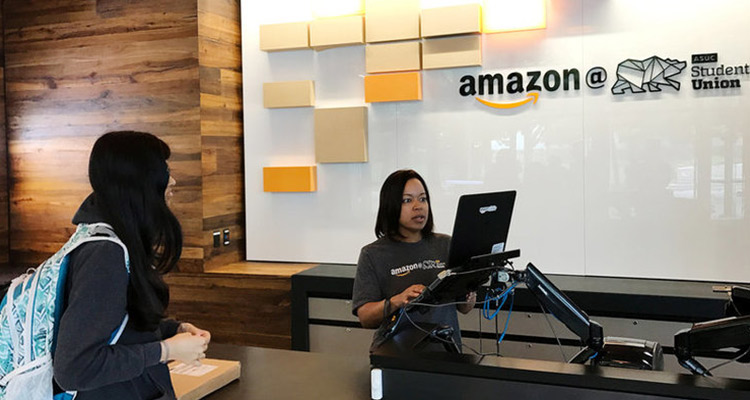9 in 10 Filipinos admit 'stressed' by coronavirus pandemic

The photo has been used for illustrative purposes.
Manolo B. Jara, Correspondent
A great majority of nine in 10 Filipinos admitted they experienced "stress" arising from the loss of their jobs due to the adverse impact of the novel coronavirus (COVID-19) pandemic, findings from a private survey group released on Friday showed.
Of the total, SWS said more than half of the country's workforce suffered "great stress" while 34 per cent said they were in "much stress."
On the other hand, 58 per cent of those who suffered great stress were in a "no work, no pay" policy situation and 68 per cent belonged to families who "experienced involuntary hunger in the last three months of quarantine or lockdowns imposed by the government to help prevent the spread of the deadly virus.
SWS said it conducted the mobile phone survey that involved 4,100 individuals nationwide including those from Metro Manila, the rest of Luzon, the Visayas in Central Philippines and Mindanao.
It added that 7.7 per cent said they had "little stress" while four per cent admitted they did not experience any stress during the pandemic.
Meanwhile, the tales of woe continued to show up in the survey with 68 per cent of the labour force in the Visayas and 58 per cent Metro Manila, 55 per cent in the rest of Luzon affected by the pandemic.
Worse still, Filipinos who have been under great stress belonged to the age group of 35-45, followed by 41 to 50; 15 to 24; and 55 years old and above.
The government has imposed quarantine or lockdown restrictions that limited their movement and discouraged them from leaving their homes in the intensified. campaign against the pandemic.
With the easing of the restrictions, for instance, in Metro Manila, the government has allowed certain businesses like factories as well as stories, barbershops and salons to help revive the economy.
But movement remains limited due to lack mass public transport such buses to bring workers from their homes to their offices and factories.
Since May, the infection rate nationwide has gone down.
Mild infection comprised a majority of cases while severe and asymptomatic (those showing no symptoms) accounted for less that one per cent.
Undersecretary Maria Rosario Vergeire, the health department spokesman, said they already revised the protocol and allowed testing for those with high risk of getting infection even if they are asymptomatic.







